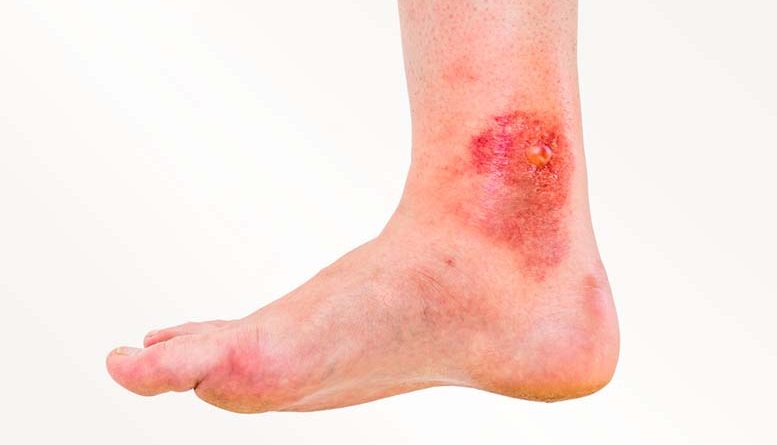Eczema, also known as atopic dermatitis in the medical world, is a skin condition that causes redness and itchiness. While it is fairly common among children, it can develop at all ages. Eczema is a chronic condition characterized by recurrent flare-ups and is often associated with allergic rhinitis (hay fever) and asthma.
Although eczema is still incurable, there are many treatments and relief options available to ease itching as well as keep flare-ups at bay. For instance, keeping clear of harsh soaps, using medicated lotions or ointments, and moisturizing on a regular basis are effective measures in managing symptoms and preventing flare-ups.
Eczema Symptoms
Eczema signs and symptoms can vary person to person, but the most common symptoms are:
– Dry patches of skin
– Itchiness, which may worsen at night time
– Plaques that are red or brownish that typically form on the neck, chest, hands, wrists, feet, ankles, in the folds of the knees and elbows; the scalp and face are the most commonly affected areas in babies and small children
– Small, inflamed lumps that may get filled with pus and crust over if scratched
– Hardened, fissured, and flaky patches of skin
– Tender and inflamed skin due to scratching
Eczema typically starts its development before the age of 5 and can continue throughout the teens and adulthood. In most cases, patients experience periodic outbreaks followed by long-lasting remissions.
Eczema Causes and Risk Factors
Skin in good health can hold moisture and fend off bacteria and irritants. In eczema, a gene variation occurs that impacts this protective function, which renders your skin more susceptible to get affected by environmental triggers such as allergens and other irritants.
Food allergies can also play a part in bringing on eczema in some small children. The chief risk factor associated with eczema is a hereditary disposition to the condition itself or a family history of allergic rhinitis, asthma, or allergies.
When to Consult Your Physician
You should seek medical attention if:
– The symptoms are causing so much discomfort that they are having an impact on your everyday life and sleep cycle.
– You suspect an infection, which you can tell by the presence of pus or yellow scabbing.
– Home treatment options prove ineffective in relieving your symptoms.
Featured Image: Depositphotos/© andriano_cz




